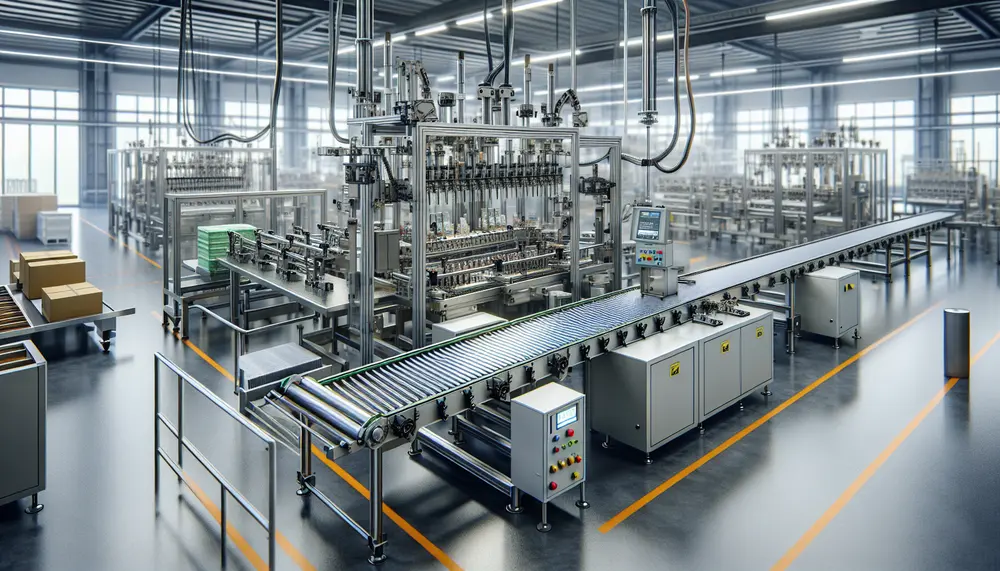Posts on the Topic Labeling
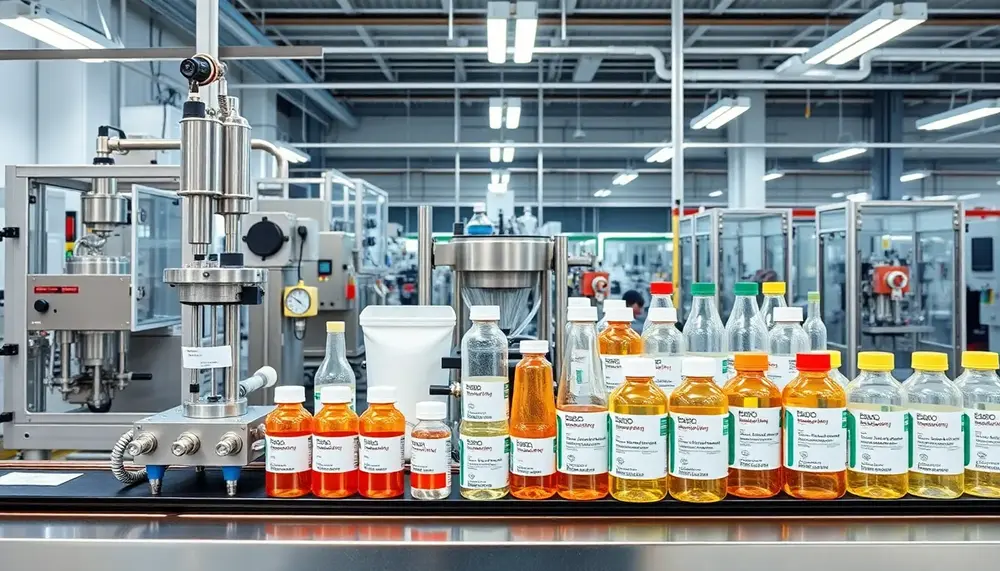
The pharmaceutical packaging equipment market in South Africa is rapidly evolving, driven by demand for high-quality solutions and regulatory compliance, featuring diverse machinery like Form-Fill-Seal and blister packaging machines. Key players such as SA Packaging Machinery and Uhlmann Pac-Systeme are...
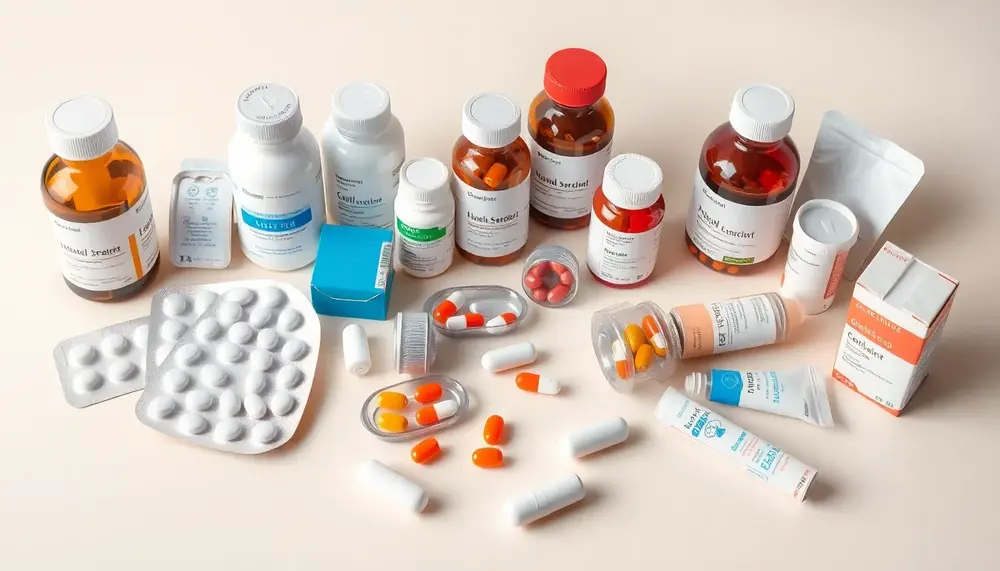
The pharmaceutical packaging quiz helps you identify knowledge gaps, benchmark your skills, and receive actionable feedback to improve in key industry areas. It covers material identification, regulatory compliance, quality assurance, innovation, sustainability, and practical problem-solving with real-world scenarios....

PDF resources in pharmaceutical packaging offer up-to-date, actionable insights and interactive tools that streamline compliance, design innovation, and material selection. They empower professionals with targeted data, comparative analyses, case studies, and practical checklists to make informed decisions efficiently....

Pharmacy vial packaging must comply with strict regulations for child-resistance, tamper-evidence, material safety, labeling, traceability, and environmental standards. Choosing advanced vial systems with features like universal caps and integrated security enhances both compliance and patient safety....
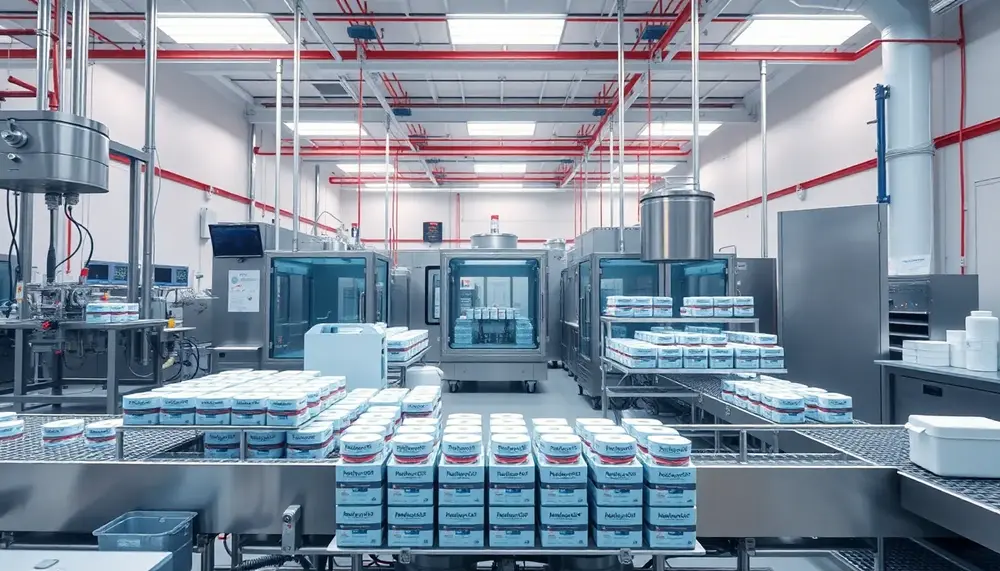
New Jersey is a leader in pharmaceutical packaging, offering innovative, sustainable solutions and leveraging its strategic location, skilled workforce, and advanced technologies. The state excels in services like cold-chain management, eco-friendly materials, serialization systems, and custom packaging while addressing challenges...

Pharmaceutical packaging in the EU plays a vital role beyond protection, ensuring safety, compliance, and sustainability while adapting to diverse market needs under strict regulations. Key frameworks like the Falsified Medicines Directive and European Green Deal drive innovation in traceability,...
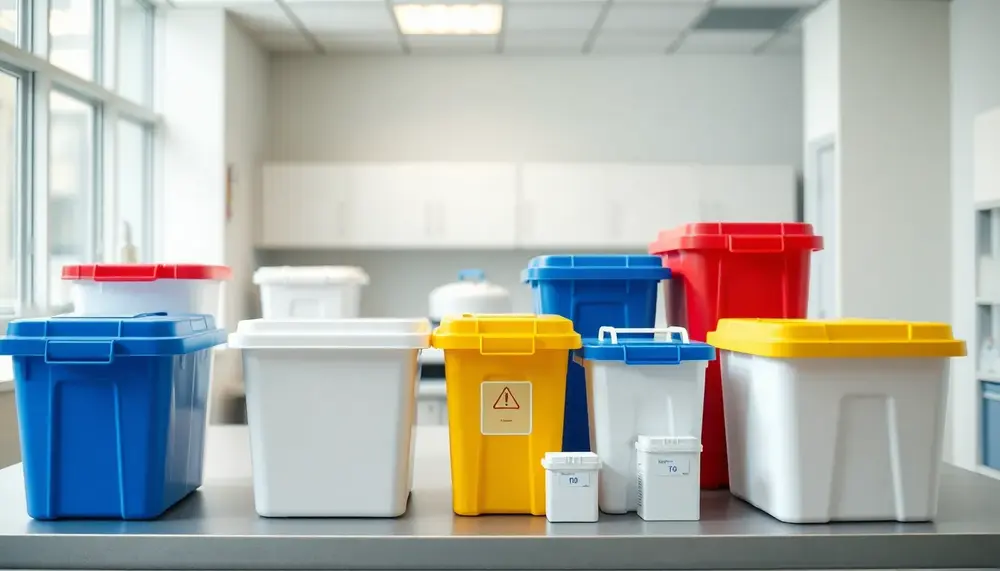
Pharmaceutical waste containers are essential for safely managing hazardous and non-hazardous pharmaceutical waste, protecting public health, the environment, and ensuring regulatory compliance. Choosing the right container involves understanding waste types, prioritizing features like durability, secure lids, clear labeling, and proper...

The FDA ensures drug packaging safety and efficacy through stringent guidelines on material quality, labeling accuracy, child-resistant features, tamper-evident seals, and environmental considerations. Compliance with these standards protects public health by preventing contamination and ensuring clear information is provided to...
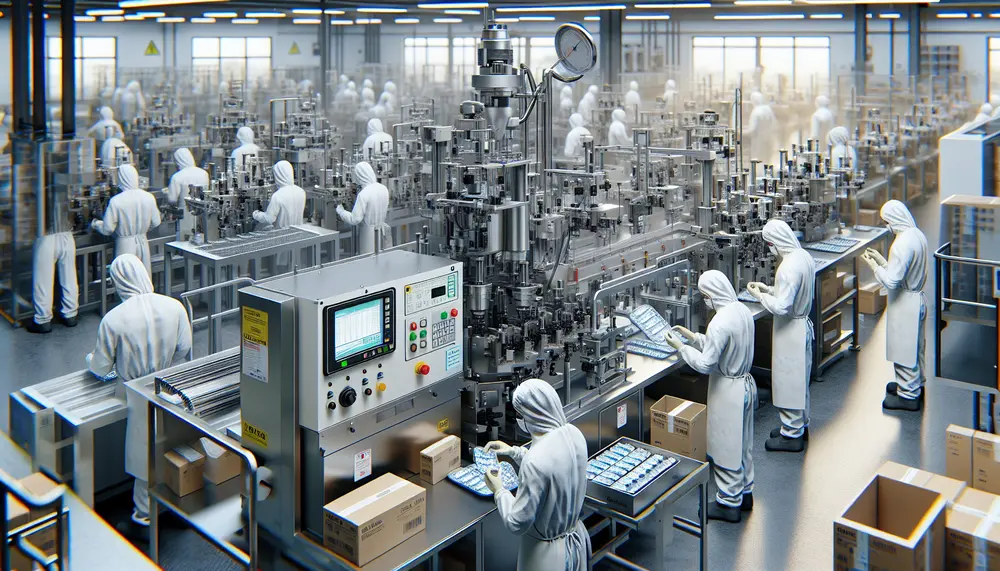
NAICS codes are essential for categorizing industries, particularly in pharmaceutical packaging, with code 325412 covering manufacturing and 561910 focusing on packaging services; understanding these distinctions aids compliance, market analysis, and strategic planning. Key industry players like Johnson & Johnson, Pfizer,...
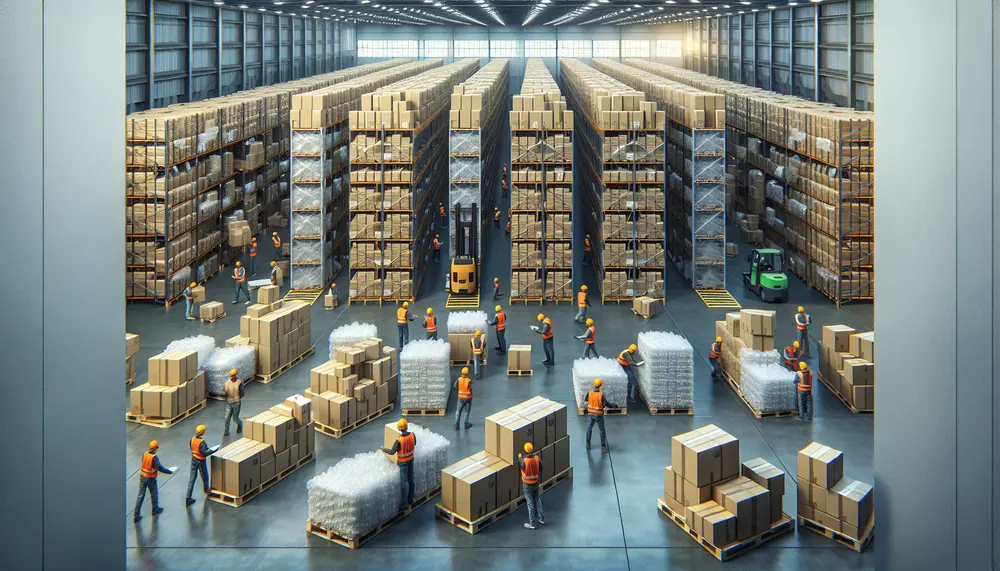
Protective packaging and materials handling are essential in logistics to ensure products reach their destination undamaged, optimizing efficiency and reducing costs. By implementing best practices such as choosing the right materials, using cushioning, securing packaging, clear labeling, testing packaging durability,...

Pharmaceutical food packaging combines principles from both pharmaceutical and food sectors to ensure product safety, efficacy, and compliance with stringent regulations. Key aspects include material selection, barrier properties, clear labeling, child-resistant features, traceability, quality control measures like GMP adherence, risk...

Pharmaceutical packaging for export requires strict adherence to international regulations set by global regulatory bodies like WHO, ICH, EMA, FDA, and PMDA to ensure safety and quality. Key regulations include Good Manufacturing Practice (GMP), ISO standards, serialization systems, labeling requirements,...
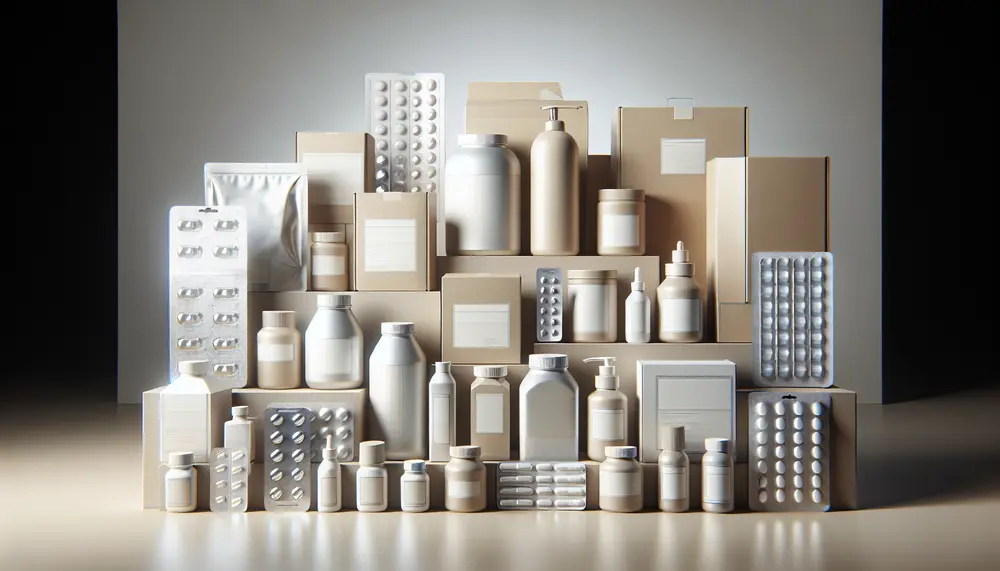
Pharmaceutical packaging and design are essential for ensuring medication safety, efficacy, and patient compliance. Effective packaging involves understanding regulatory requirements, material science, and user needs while providing protection, information, identification, convenience, and adherence to treatment plans; it must also comply...

Ensuring compliance in pharmaceutical packaging is essential for product integrity, patient safety, and regulatory approval. This article outlines key guidelines from major regulatory bodies like the FDA, EMA, ICH, WHO, and USP that govern material selection, design standards, labeling requirements,...
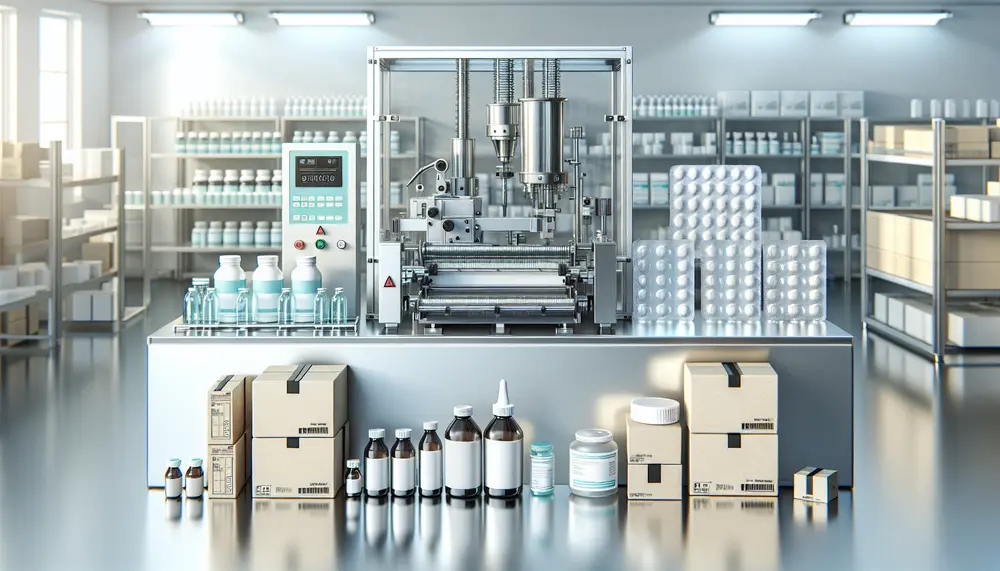
Pharmaceutical packaging equipment is essential for maintaining the safety, integrity, and efficacy of medications by adhering to strict regulatory standards. This includes a variety of machines like blister pack machines, bottle filling machines, and labeling systems that ensure protective containment...
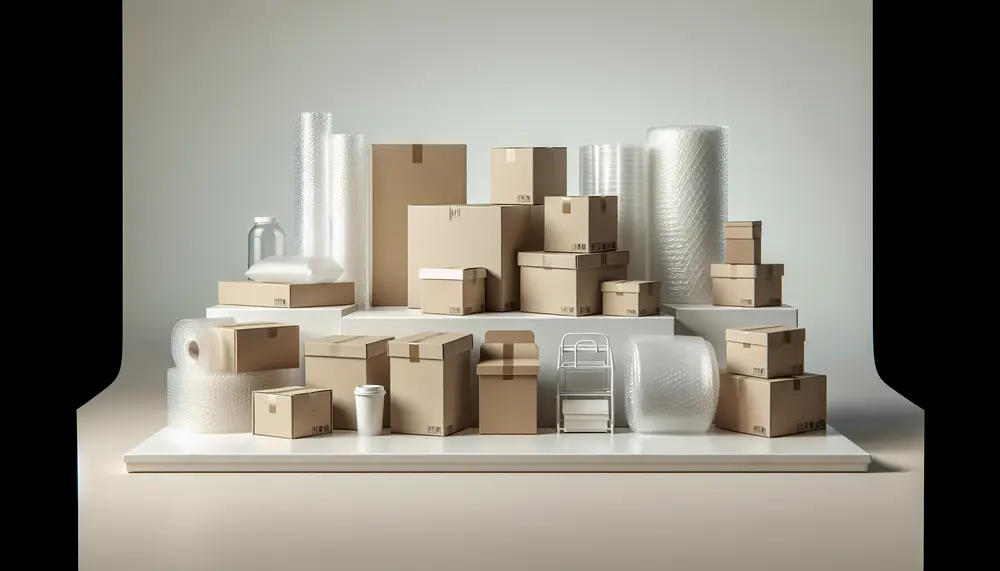
Packaging is essential for product protection and marketing, involving design, materials, functionality, labeling, and branding. Addressing common questions reveals its impact on sales, the balance between sustainability and cost-effectiveness, color psychology in design, industry trends like minimalism and smart packaging...
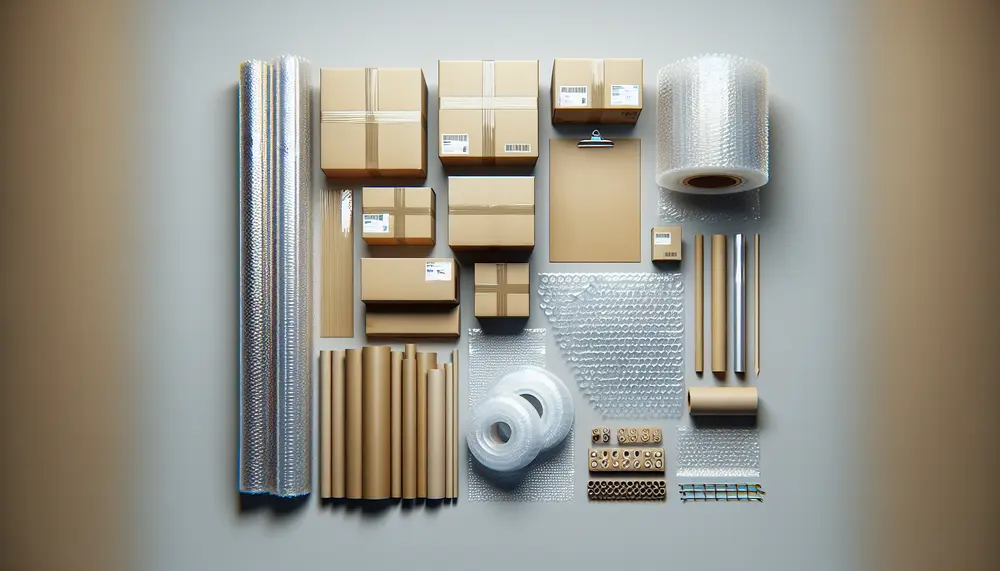
Packaging hazards pose risks to product safety during transportation and storage, stemming from physical damage, environmental conditions, and human error; addressing these requires a comprehensive design strategy. Shipping hazards are categorized into shock damage, vibrations, compression forces, and atmospheric conditions;...

Packaging is the physical container that protects a product, while labeling provides important information about it; both are crucial for market success and regulatory compliance. Packaging design can significantly influence consumer perception and purchasing decisions, whereas an emphasis on packaging...

Packaging and stationery distributors are crucial for product success, ensuring secure packaging that enhances appeal and managing logistics for efficient delivery. They also provide market insights and support sustainability efforts, contributing significantly to a product's market performance. These distributors face challenges...
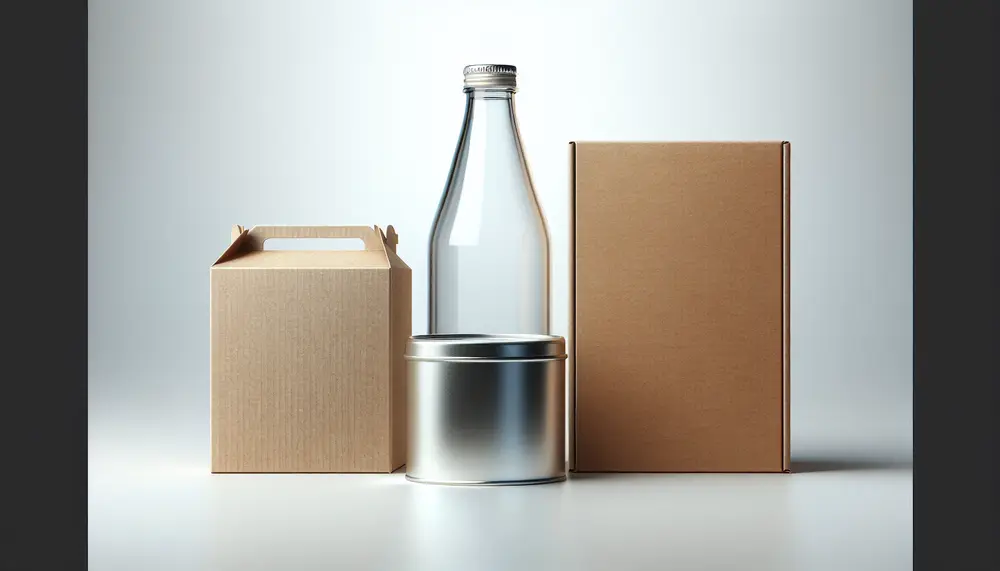
Packaging design combines aesthetics and functionality, focusing on the product, brand identity, consumer appeal, and compliance with regulations. Good packaging balances visual attractiveness with practicality to enhance user experience and encourage loyalty. Effective packaging requires a balance of clear messaging, simplicity...

EU regulations significantly influence the packaging industry, ensuring high standards and environmental protection by mandating sustainable materials, recycling capabilities, and labeling. These rules foster a circular economy and innovation but require businesses to adapt their strategies for compliance. The EU's regulatory...
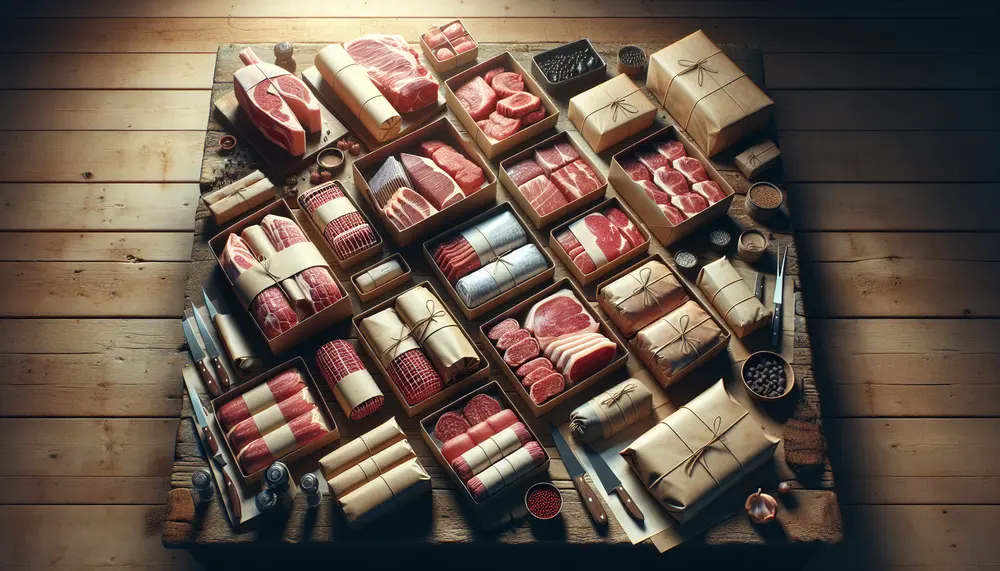
Butcher packaging essentials are vital for meat preservation, presentation, and customer trust; they involve selecting suitable materials, proper labeling, and adhering to regulatory standards. Butcher paper and twine play traditional roles in preserving meat quality while enhancing its market appeal....


